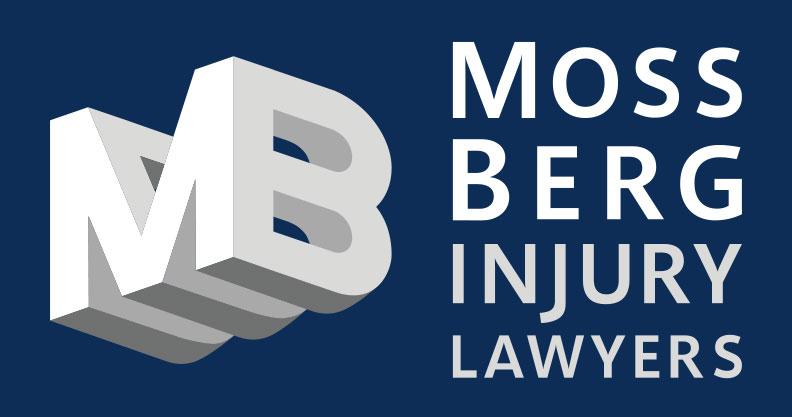by tfarino
Share
Share
When a person has been injured in an accident, getting medical and rehabilitative treatment is the chief concern, and everything else can conform to that need.
Seeking Medical Treatment Prior to a Settlement
If you’ve been involved in an incident that’s resulted in personal injury, your initial focus should be on receiving the medical care that you require. Some injury attorneys recommend taking an ambulance from the injury site to a hospital as a best practice. What you never want to do is put off treatment prior to settling a claim or lawsuit because the timeline can be unpredictable.
Pay via Insurance or Out of Pock When Possible
Even if an entity is at fault for your accident, the responsible party may not be compelled to pay for medical and rehabilitative expenses until a settlement has been finalized. That means you need to pay when possible; avoiding treatment is not recommended because it can affect your long-term health and result in expenses that the at-fault party is not responsible for. If you have insurance, then use that, and if you can afford to cover uncovered expenses out of pocket, it is recommended that you do.
Ask Your Attorney about Assistance with Expenses
Consult with your lawyer about receiving compensation early. Many law firms have resources in place that can help clients pay for medical and rehabilitative treatment that isn’t covered by insurance and cannot be afforded out of pocket.
Request Deferment from Medical Providers
If you still have uncovered expenses at this point, then speak with the hospital, doctor or other medical care provider about deferment. This is a fairly common arrangement where a care provider will not request payment and not charge interest while a personal injury settlement is ongoing.
Document All Medical Expenses as You Go
Throughout this process, keep track of all medical expenses for your personal records. Even your insurance company will likely expect compensation once you’ve finalized a claim or settlement. Care providers who have deferred payment or have outstanding payment due may place a lien against your settlement, and proper records will help ensure that you pay no more or less than what they are owed.


